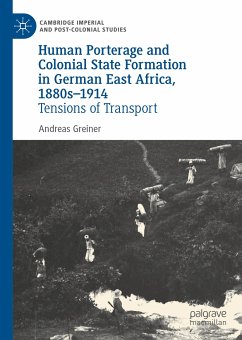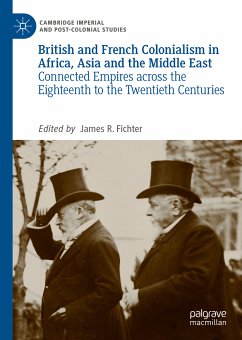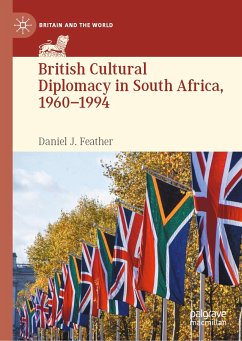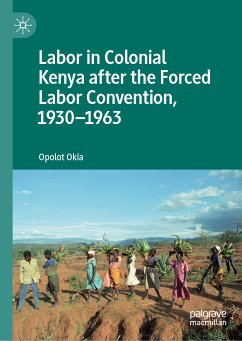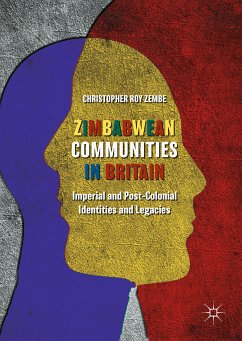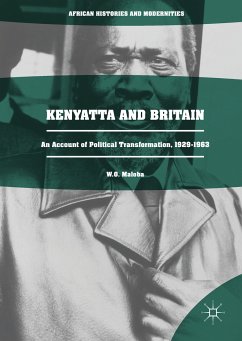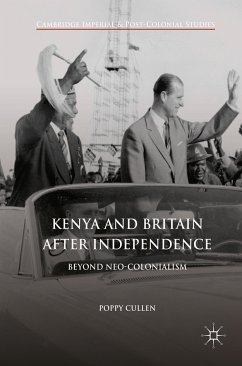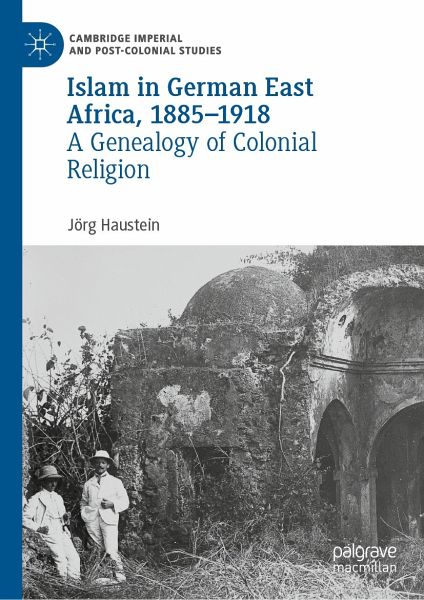
Islam in German East Africa, 1885-1918 (eBook, PDF)
A Genealogy of Colonial Religion
Versandkostenfrei!
Sofort per Download lieferbar
104,95 €
inkl. MwSt.
Weitere Ausgaben:

PAYBACK Punkte
52 °P sammeln!
In this rich and multi-layered deconstruction of German colonial engagement with Islam, Jörg Haustein shows how imperial agents in Germany's largest colony wielded the knowledge category of Islam in a broad set of debates, ranging from race, language, and education to slavery, law, conflict, and war. These representations of 'Mohammedanism', often invoked for particular political ends, amounted to a serious misreading of Muslims in East Africa, with significant long-term effects. As the first in-depth account of the politics of Islam in German East Africa, the book makes an essential contribu...
In this rich and multi-layered deconstruction of German colonial engagement with Islam, Jörg Haustein shows how imperial agents in Germany's largest colony wielded the knowledge category of Islam in a broad set of debates, ranging from race, language, and education to slavery, law, conflict, and war. These representations of 'Mohammedanism', often invoked for particular political ends, amounted to a serious misreading of Muslims in East Africa, with significant long-term effects. As the first in-depth account of the politics of Islam in German East Africa, the book makes an essential contribution to the history of religion in Tanzania before British rule. It also offers a template for re-reading the colonial archive in a manner that recovers Muslim agency beyond a European paradigm of religion.
Dieser Download kann aus rechtlichen Gründen nur mit Rechnungsadresse in A, B, BG, CY, CZ, D, DK, EW, E, FIN, F, GR, HR, H, IRL, I, LT, L, LR, M, NL, PL, P, R, S, SLO, SK ausgeliefert werden.



